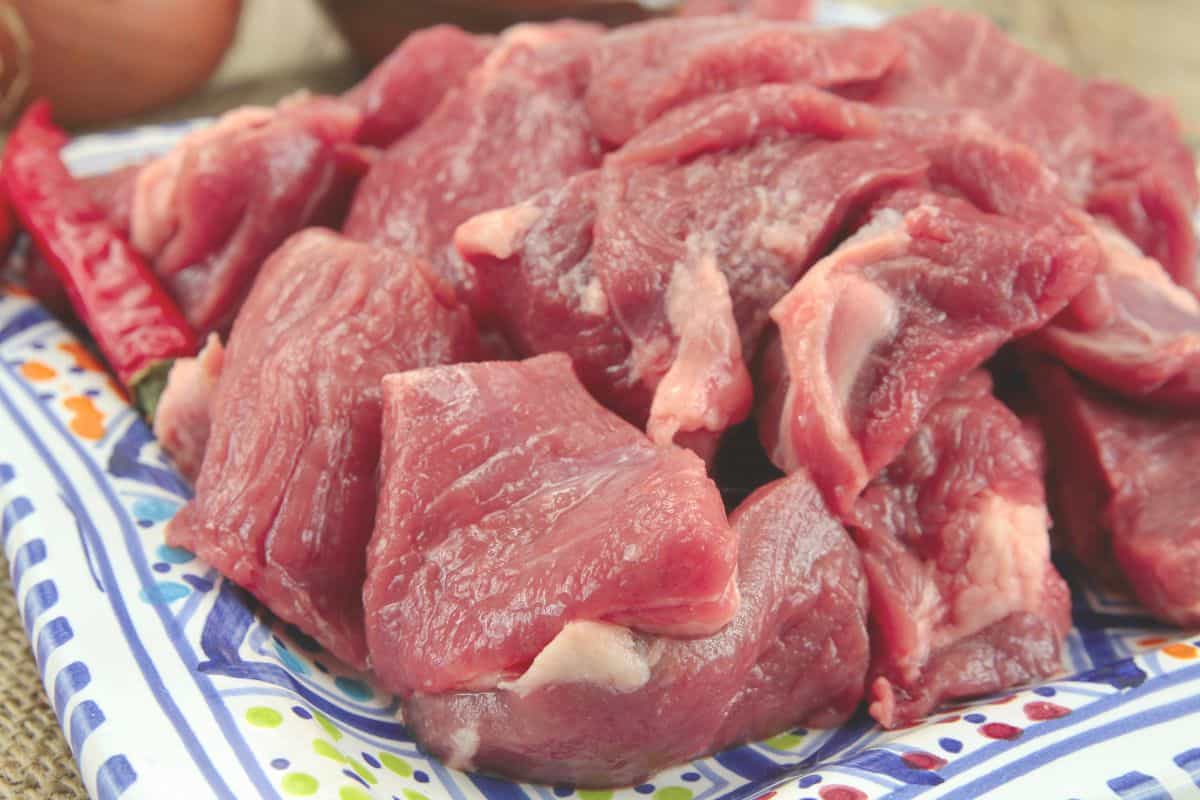Are you curious about the dietary restrictions and requirements of those following a halal diet? In many parts of the world, it is becoming increasingly important to understand what this type of diet entails. From meat consumption to ingredients used in cooking, specific rules need to be followed when adhering to a halal lifestyle. This article will discuss these dietary requirements and restrictions for people pursuing a halal diet.
What Are Halal Dietary Requirements?
Halal dietary requirements refer to the Islamic dietary laws that specify which foods are permissible and which are not.
The laws are based on Islamic teachings derived from the Qur’an (the Muslim holy book), the Hadith (the teachings of the Prophet Muhammad), and Islamic jurisprudence.
Halal foods must comply with rules governing how the food is prepared, handled, stored, and consumed. These include prohibitions against the consumption of pork, carrion, blood, alcohol, and food containing ingredients derived from animals that were not slaughtered according to Islamic law.
Tell Me More The Requirements Of A Halal Diet
As explained, the halal diet is an eating plan that follows Islamic dietary laws. It prohibits the consumption of pork and alcohol, as well as any food items containing these ingredients. In addition, other nutritional requirements or restrictions exist for people following a halal diet.
First, all meat and poultry products must be obtained from animals slaughtered according to Islamic law. This includes using a sharp knife with one swipe while saying ‘Bismillah’ (in the name of Allah).
Second, avoiding animal-derived ingredients such as gelatin, lard, and cholesterol is essential. Furthermore, processed foods should be avoided due to their potential contamination with non-halal substances.
Lastly, when eating out at restaurants, it is essential to ensure that Islamic guidelines have been prepared for the food.
Individuals can maintain a healthy lifestyle while adhering to these dietary requirements or restrictions while following religious principles.
Examples Of Halal-Compliant Foods
When following a halal diet, there are certain dietary restrictions. But what types of food are considered compliant with the guidelines? Let’s take a look at some examples of foods that can be included in a halal diet:
- Dairy products such as milk, cheese and yoghurt;
- Grains like rice, wheat and oats;
- Nuts and seeds like almonds, walnuts and sesame seeds.
These items form the basis of many dishes people who follow a halal diet enjoy. According to Islamic law, meat from animals that have been slaughtered is also permissible in this diet.
This includes poultry and fish but excludes pork or any other animal not deemed lawful for consumption under Islamic teachings.
So if you want to maintain a balanced yet halal-compliant diet, these staples should form part of your regular meals!
Conclusion
The halal diet is a way of eating that follows Islamic dietary laws and principles. It is essential to understand the guidelines of this type of diet to ensure proper nutrition while adhering to religious beliefs.
The dietary requirements for those following a halal diet can generally be divided into two categories: what items are permissible and which foods should not be consumed.
Acceptable food items include grains, legumes, dairy products, fruits, vegetables and lean meats such as chicken, lamb or fish. On the other hand, pork and all alcohol-containing drinks are strictly prohibited.
Overall, an extensive list of restrictions must be followed when consuming according to a halal diet. These range from simple rules, such as avoiding certain types of meat, to more complex practices, such as ensuring no cross-contamination with non-halal items occurs during preparation or cooking.
By understanding these guidelines and adequately educating themselves on their beliefs about the halal diet, individuals can practice this eating style according to their faith while achieving optimal health outcomes.

